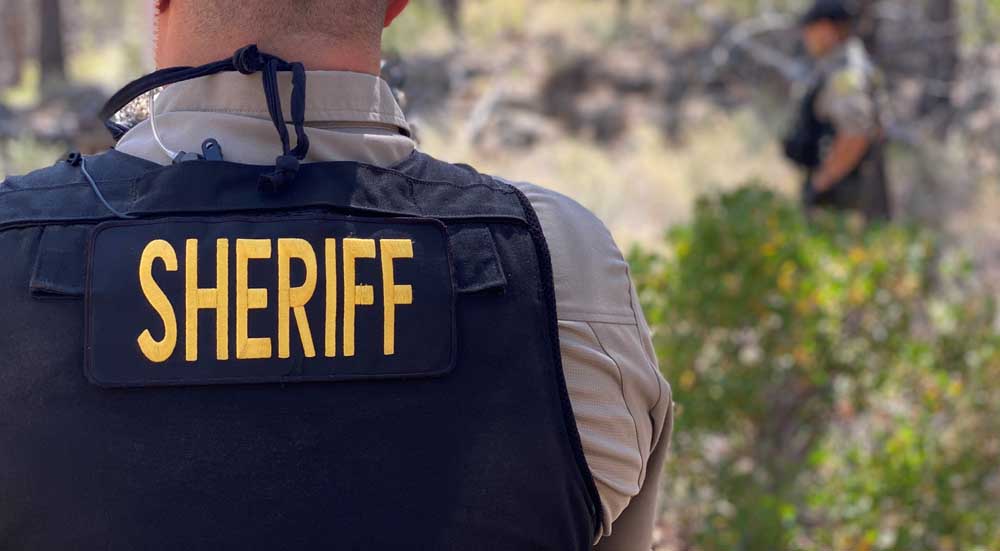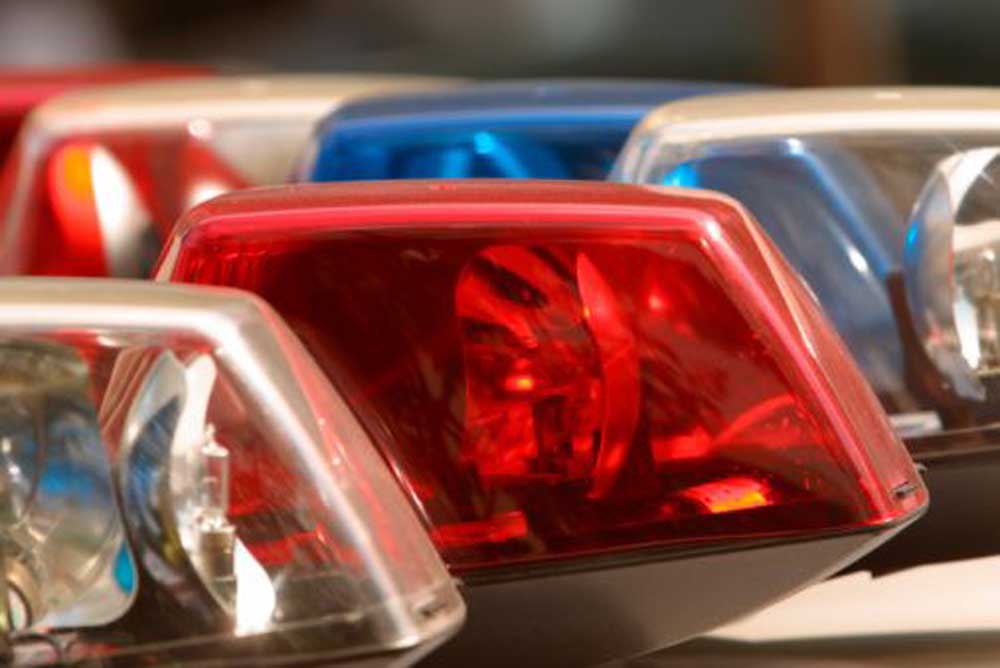Around the world
Published 12:00 am Monday, March 19, 2018
Another explosion injures 2 in Austin, Texas — Two people were injured in another explosion in Texas’ capital Sunday night, after three package bombs detonated earlier this month in other areas of the city and killed two people and injured two others. Austin-Travis County Emergency Management Services reported that an explosion in southwest Austin injured two men in their 20s who were hospitalized with injuries that didn’t appear to be life-threatening. There was no immediate word on what caused the blast or if it was related to the previous ones. Those blasts began when a package bomb exploded at an east Austin home on March 2, killing a 39-year-old man. Two more package bombs then exploded March 12, killing a 17-year-old, wounding his mother and injuring a 75-year-old woman. Sunday’s explosion occurred far from the first three blasts, which happened in separate, suburban neighborhoods in the eastern part of the city.
Putin claims victory in Russian presidential vote —Vladimir Putin rolled to a crushing re-election victory Sunday for six more years as Russia’s president, and he told cheering supporters in a triumphant but brief speech that “we are bound for success.” There had been no doubt that Putin would win in his fourth electoral contest; he faced seven minor candidates and his most prominent foe was blocked from the ballot. His only real challenge was to run up the tally so high that he could claim an indisputable mandate. With ballots from 80 percent of Russia’s precincts counted by early Monday, Putin had amassed 76 percent of the vote. Observers and individual voters reported widespread violations including ballot-box stuffing and forced voting, but the claims are unlikely to dilute the power of Russia’s longest-serving leader since Josef Stalin. As the embodiment of Russia’s resurgent power on the world stage, Putin commands immense loyalty among Russians. More than 30,000 crowded into Manezh Square adjacent to the Kremlin in temperatures of 15 Fahrenheit for a victory concert and to await his words.
Britain: Proof Russia stockpiled nerve agent — Britain has evidence that Russia has been manufacturing and stockpiling the nerve agent used in an attack on a former Russian double agent on British soil, the British foreign secretary, Boris Johnson, said Sunday. Johnson said Russia had been researching the use of nerve agents for use in assassinations within the past decade. The foreign secretary’s statements, made in a BBC interview, came 12 days after the former spy, Sergei Skripal, and his daughter were found unconscious in Salisbury, England, on March 4. Prime Minister Theresa May had announced that the poison was Novichok, a military-grade nerve agent.
Syrian rebels seize control of Afrin — Turkish-backed Syrian rebels seized control Sunday morning of the city of Afrin, the target of a two-month military operation against Kurdish militias in the enclave in Syria. The takeover dealt a blow to Kurdish aspirations for self-administration there and added to Turkey’s growing footprint in the country. The Syrian rebel forces, which have served as advance troops for the Turkish operation, seemed to have entered the city without a fight, after the Kurdish People’s Protection Units, or YPG, withdrew to the surrounding hills. But residents described chaos as fleeing civilians were trapped by artillery and by Turkish airstrikes.
Trump: Death penalty for some drug traffickers — President Donald Trump’s plan to combat opioid drug addiction nationwide calls for stiffer penalties for drug traffickers, including the death penalty where appropriate under current law, a top administration official said Sunday. It’s a fate for drug dealers that Trump, who aims to be seen as tough on crime, has been highlighting publicly in recent weeks. Trump also wants Congress to pass legislation reducing the amount of drugs needed to trigger mandatory minimum sentences for traffickers who knowingly distribute certain illicit opioids, said Andrew Bremberg, Trump’s domestic policy director, who briefed reporters Sunday on the plan Trump is scheduled to unveil Monday in New Hampshire, a state hard-hit by the crisis. The president will be joined by first lady Melania Trump, who has shown an interest in the issue, particularly as it pertains to her focus on child welfare. Death for drug traffickers and mandatory minimum penalties for distributing certain opioids are just two elements under the part of Trump’s plan that deals with law enforcement and interdiction to break the international and domestic flow of drugs into and across the U.S. Other parts of the plan include broadening education and awareness, and expanding access to proven treatment and recovery efforts.
Afghan farmers are latest victims of war —There was no military curfew in the villages, but, as a precaution, the farmers still informed the local police outpost that they would be in their fields before dawn to channel water to their crops. In a chaotic war of many players and with civilians bearing the brunt, the advance notice did not save their lives. On Saturday morning, an elite unit of the Afghan intelligence agency — possibly accompanied by advisers from the U.S.-led NATO coalition — descended on two villages in Chaparhar district in Nangarhar province, killing as many as eight farmers in their fields, local elders said.
Austria’s far right wants freedom to smoke —Three winters ago, during a fight against lung cancer, Kurt Kuch, a smoker and journalist in Austria, backed a “Don’t Smoke” campaign, hoping to spare others his fate. After his death, at 42, the Austrian government agreed to ban smoking in bars and restaurants starting this May. That was until the recent electoral success of the far-right Freedom Party, whose leader, Heinz-Christian Strache, himself a smoker, wants to give Austrians the choice to puff with a coffee. After his party entered a coalition government last year, Strache, vice chancellor and sports minister, promised to step back from a total ban.








